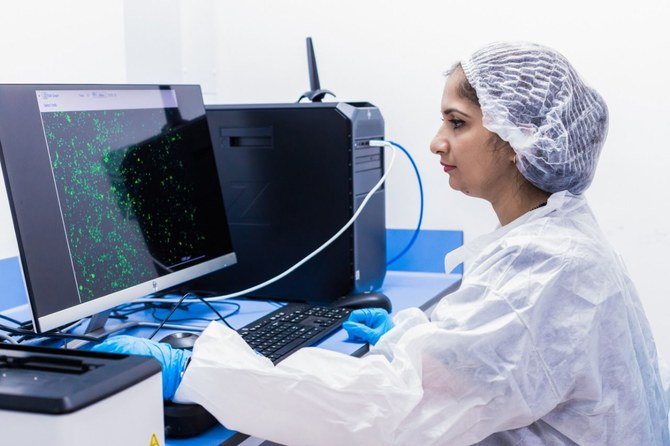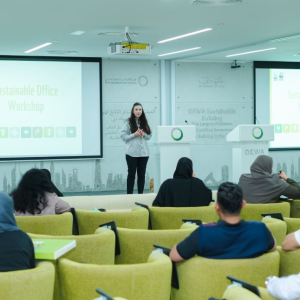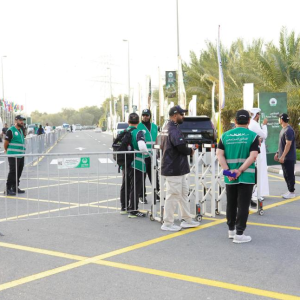In a landmark medical advance, Abu Dhabi CAR-T autoimmune therapy has been successfully used to treat a rare and severe autoimmune condition. This represents one of the first times that CAR-T cell therapy—originally developed for cancer—has been applied to a challenging autoimmune disorder in the region. The patient is showing early signs of recovery, and doctors hope this could open new paths for patients with treatment-resistant autoimmune diseases.
This article explores the details of the case, how CAR-T therapy works, why it is significant, and what it means for the future of autoimmune care.
The Case: Rare Autoimmune Disease Treated with CAR-T
Doctors at the Abu Dhabi Stem Cells Center, working together with Yas Clinic Khalifa City, administered CAR-T therapy to a 38-year-old man suffering from systemic lupus erythematosus and triple-positive antiphospholipid syndrome.

This patient’s case was extremely complex. Over time, he developed serious complications such as bleeding in the lungs, recurrent bleeding around the brain, deep vein thrombosis, pulmonary embolism, inferior vena cava thrombosis, and Budd–Chiari syndrome, a condition linked to blood clotting in the liver. Despite receiving many immunosuppressants and anticoagulants, his disease remained active and life-threatening.
After careful evaluation, the medical team selected him to receive CAR-T therapy. The aim was to reset his immune system by targeting the malfunctioning immune cells driving the disease. Following treatment, the patient was discharged and is now showing signs of recovery and improved stability, though long-term monitoring will be required.

Why This Breakthrough Matters
Moving CAR-T Beyond Cancer
CAR-T therapy, short for Chimeric Antigen Receptor T-cell therapy, is widely known as a breakthrough treatment for certain cancers. The process involves taking a patient’s T cells, modifying them in a lab to recognize harmful cells, and reintroducing them into the body to fight disease. In cancer, the target is usually tumor cells.
In autoimmune disease, however, the target becomes the harmful immune cells that mistakenly attack the body’s own tissues. By applying CAR-T therapy in this way, doctors in Abu Dhabi are pioneering a new application of the technology. This could lead to an entirely new approach for diseases once thought to be untreatable.
A First for the Region
This case marks one of the earliest uses of CAR-T therapy for autoimmune disease in the Middle East. It highlights Abu Dhabi’s growing role as a center for advanced medicine, regenerative therapies, and cutting-edge clinical care. The Abu Dhabi Stem Cells Center is rapidly becoming a hub for these kinds of innovations, with facilities that meet international accreditation standards for cellular therapy.
New Hope for Resistant Conditions
For patients with severe autoimmune conditions that do not respond to standard treatments, CAR-T therapy offers hope. Traditional medications often suppress the immune system broadly, which can leave patients vulnerable to infections and long-term side effects. CAR-T therapy, in contrast, works more precisely, targeting the specific immune cells responsible for the disease. This raises the possibility of long-term remission and a better quality of life.
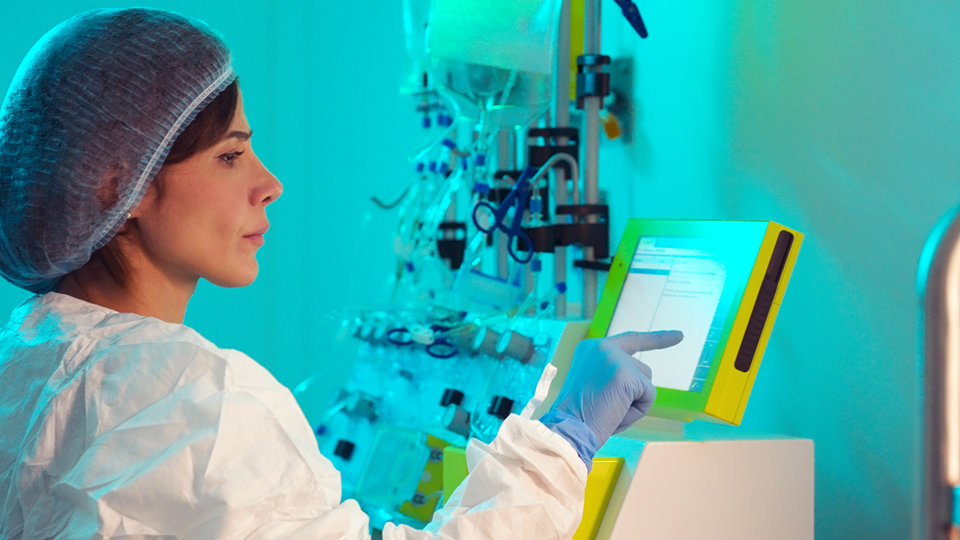
How CAR-T Therapy Works
To understand how the doctors in Abu Dhabi treated this case, it is useful to look at the process of CAR-T therapy step by step.
Step 1: Collecting T Cells
Doctors collect T cells, a type of white blood cell, from the patient’s blood through a process called leukapheresis.
Step 2: Genetic Engineering
In a laboratory, the T cells are genetically modified to express a special receptor called a chimeric antigen receptor (CAR). This receptor allows the T cells to recognize and attack harmful cells.
Step 3: Expanding the Cells
The engineered T cells are grown and multiplied until there are enough cells for treatment.
Step 4: Preparing the Patient
Before infusion, the patient usually receives a short course of chemotherapy to reduce existing immune cells and create space for the CAR-T cells.
Step 5: Infusion
The CAR-T cells are infused back into the patient’s bloodstream. Once inside, they seek out and destroy the harmful immune cells.
Step 6: Monitoring
Patients are carefully monitored for side effects and long-term outcomes. The goal is not only to control disease but also to reset the immune system for lasting remission.
Risks and Challenges
While this breakthrough is promising, CAR-T therapy also carries risks and challenges.
Safety Concerns
Patients may experience serious side effects such as cytokine release syndrome, which involves a strong immune reaction that can cause fever, low blood pressure, and organ stress. Neurological symptoms such as confusion or seizures are also possible. Because the immune system is being altered, infection risks remain high in the short term.
Cost and Complexity
CAR-T therapy is expensive and requires advanced laboratory facilities, specialized medical teams, and strict safety standards. For many regions, this makes the treatment difficult to access. Abu Dhabi’s success shows that such advanced infrastructure can be built outside of North America and Europe, but widespread access will take time.
Long-Term Questions
It is still unclear how long the effects of CAR-T therapy will last in autoimmune disease. Some patients may enjoy lasting remission, while others may need additional treatments in the future. More research and clinical trials are needed to answer these questions.
The Global Picture
Abu Dhabi’s achievement comes at a time when researchers worldwide are exploring CAR-T therapy for autoimmune disease.
In other countries, patients with severe lupus have entered remission after receiving CAR-T therapy. There is also ongoing research into its use for multiple sclerosis, type 1 diabetes, and other autoimmune conditions. Early results suggest that this approach could redefine how these illnesses are managed.
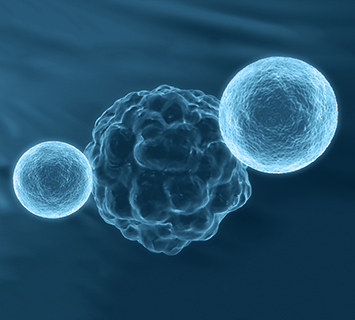
What It Means for Patients in the Region
For patients in the Middle East, this breakthrough brings advanced care closer to home. Until recently, individuals seeking CAR-T therapy often had to travel abroad at great cost and difficulty. Now, with Abu Dhabi leading the way, access to these treatments is becoming more realistic.
It also strengthens the UAE’s position as a medical innovation hub. By investing in research, advanced labs, and highly trained specialists, the country is creating a foundation for future breakthroughs in both cancer and autoimmune treatment.
Looking Ahead
The successful use of CAR-T therapy for this rare autoimmune case is only the beginning. Several important steps remain:
- Long-term monitoring of patients to study the durability of remission.
- More clinical trials to confirm safety and effectiveness in larger groups.
- Refinement of CAR-T designs to minimize risks and maximize precision.
- Expansion of infrastructure so more patients can benefit.
- Strategies to make the treatment more affordable and accessible.
Conclusion
The use of Abu Dhabi CAR-T autoimmune therapy has shown the world that innovative treatments can move beyond cancer into complex immune disorders. While challenges remain, the success offers real hope for patients who previously had no options left. With further research and global collaboration, CAR-T therapy could become a powerful tool in transforming the future of autoimmune disease treatment.
Do follow UAE Stories on Instagram
Read Next – UAE Launches Online Registration for 2026 Hajj Season to Boost Religious Tourism

